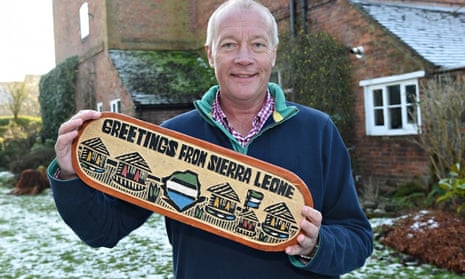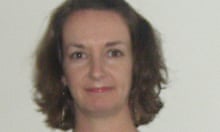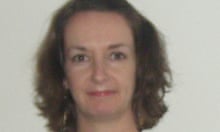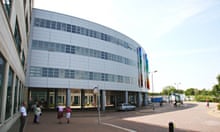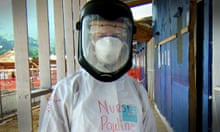If I thought that the last five weeks in Sierra Leone was about as surreal as life could get, nothing could have prepared me for the journey home and its aftermath.
Sadly, one of my colleagues, nurse Pauline Cafferkey, who was travelling back with me on the flight from Freetown, has now been admitted to hospital as a confirmed Ebola case. She seemed fine on the journey home and her temperature would certainly have been normal on leaving Heathrow as no one was allowed to leave the airport until their temperature had been checked twice.
I am devastated for my colleague, although confident she will survive this, but especially sad and concerned about the impact that this might have on my colleagues in the wider NHS and their willingness to follow in our footsteps and volunteer.
We had complete confidence in our training and equipment and I cannot believe, if proper procedures and protocols were followed, that my friend contracted Ebola while working in the treatment centre. We all went out into the local community – some went for early morning runs, and I went to church on Christmas morning – which in hindsight was probably when we were at greatest risk.
Our group of volunteers trained and flew out together but were then allocated to one of several treatment centres across the country, so as a group we didn’t see each other again until we met at Lunghi airport for the return flight.
It was a reunion – we all wanted to talk to each other and share stories of this personal and professional experience of a lifetime. I’ve been asked many times who sat next to who. Frankly, everybody sat next to each other at some point, as we were all in high spirits.
We had a six-hour wait in Casablanca before boarding the connecting flight to Heathrow. I was surprised that we weren’t segregated from other passengers on arrival at Terminal 4. Instead we filed off the plane and walked to immigration just like everybody else. At this point we were escorted to a crowded room next to the arrivals hall for our health check.
This is when I began to feel uncomfortable. There appeared to be inadequate numbers of staff to deal with us and many queued for an hour waiting to be checked. My temperature was raised; the nurse testing it appeared to take a step back and looked nervous. I was isolated for 15 minutes before my temperature was rechecked and was then allowed to go on my way. In contrast to the strict no-touch policy in Sierra Leone, there were a fair few parting hugs and kisses around the baggage carousel.
Perhaps the most bizarre element of the whole process was the quarantine advice from Public Health England (PHE). They were content for us to return home from Heathrow by any means – be it a crowded underground train into central London or a connecting flight anywhere in the world. However, once we got there we were told that we should not use public transport (except for short journeys) and not to go to crowded places for three weeks.
Thank goodness my colleague took a connecting flight where fellow passengers could be identified and traced – I can’t help wondering what the reaction would have been had she taken the tube to King’s Cross then headed north by train. I am not complaining about the restrictions placed upon us – the public have to be reassured – but it seems to me that inconsistency and a lack of clarity only serve to fuel anxiety and heighten public concern.
This is not the way that I would have chosen to end my journey. I didn’t expect a lavish welcome, but they knew we were coming and I thought could have at least been somewhat better prepared.
I’m also disappointed that it has taken an infected western healthcare worker to raise public awareness and that the suffering and tenacity of countless thousands of people in west Africa passes unnoticed. We should be involved, we should be engaged, and I hope that events of the last 24 hours do not deflect us from our efforts or inhibit people from wishing to follow in our footsteps.
